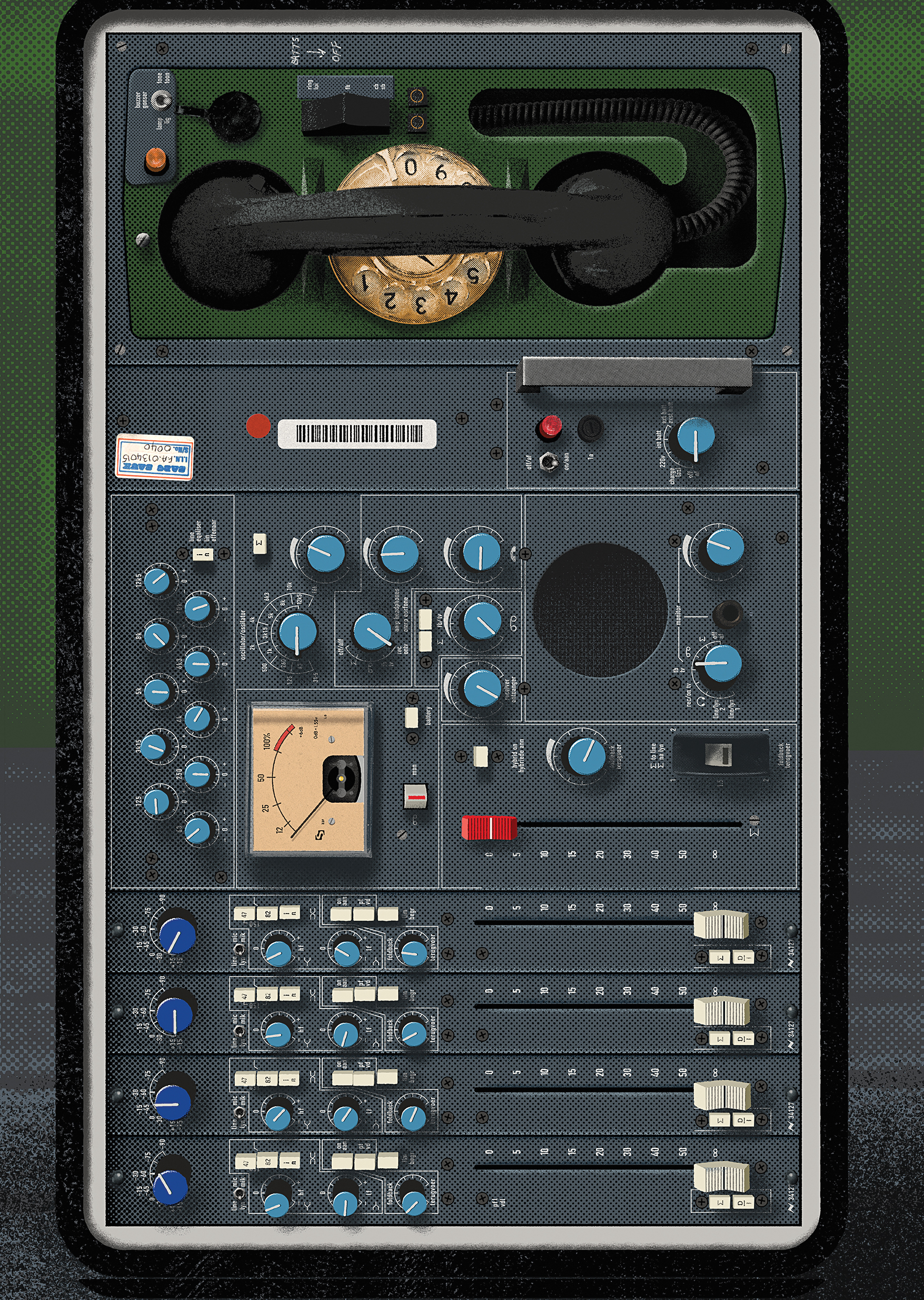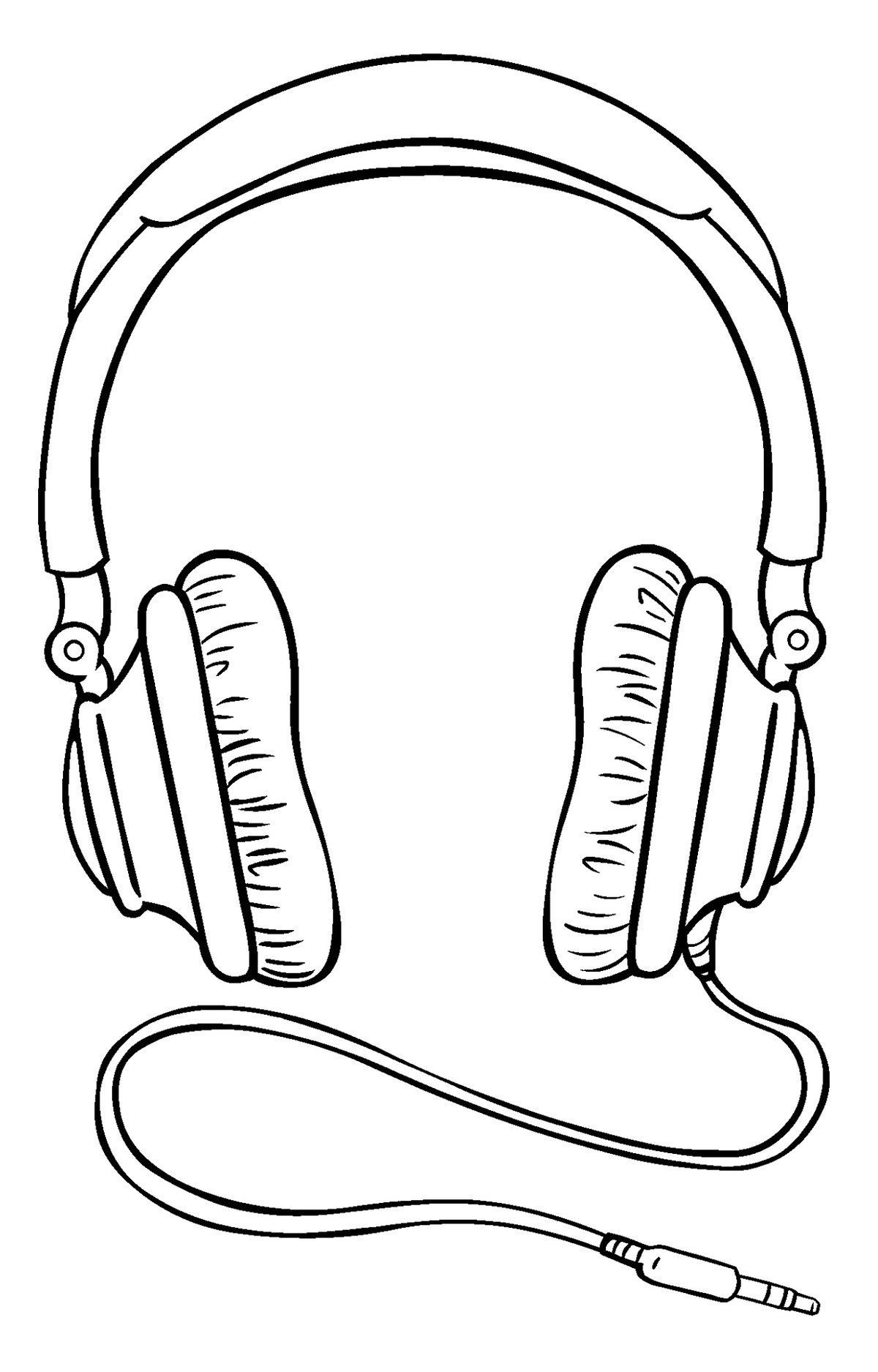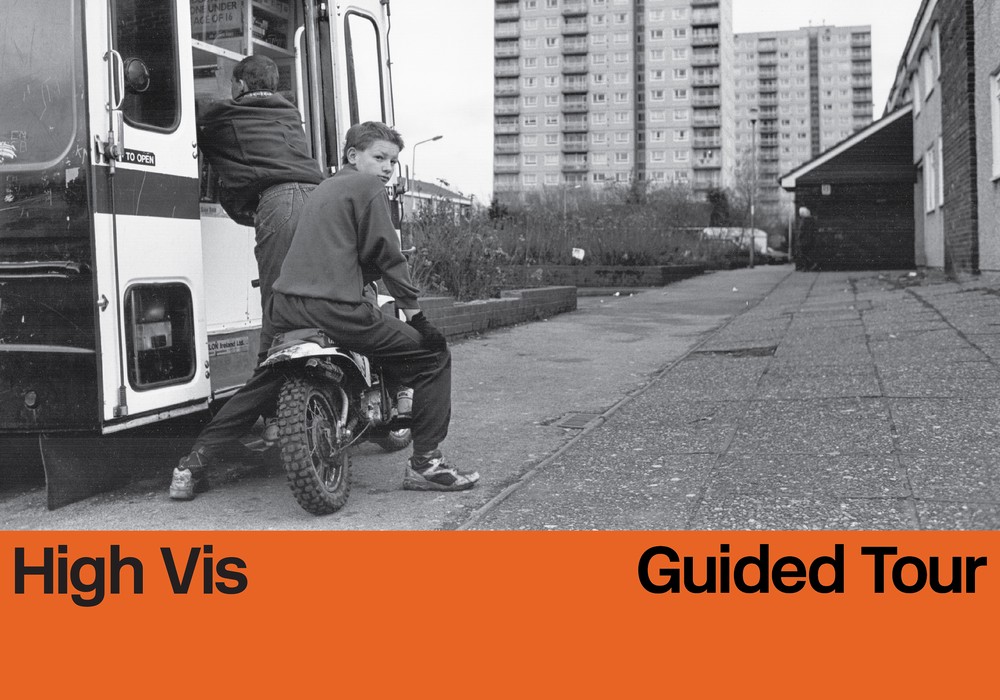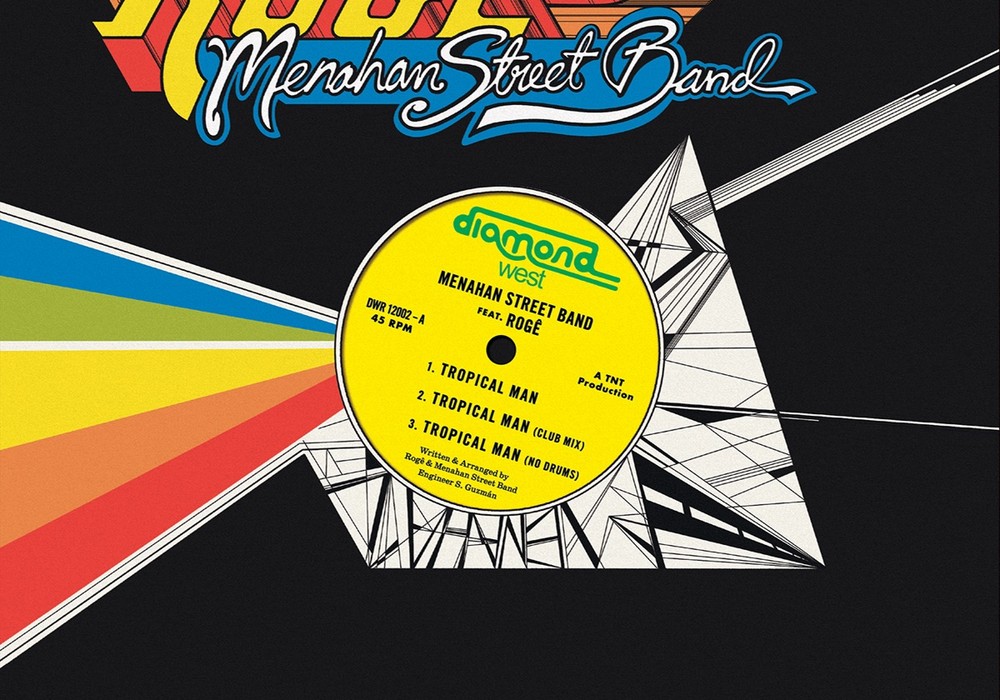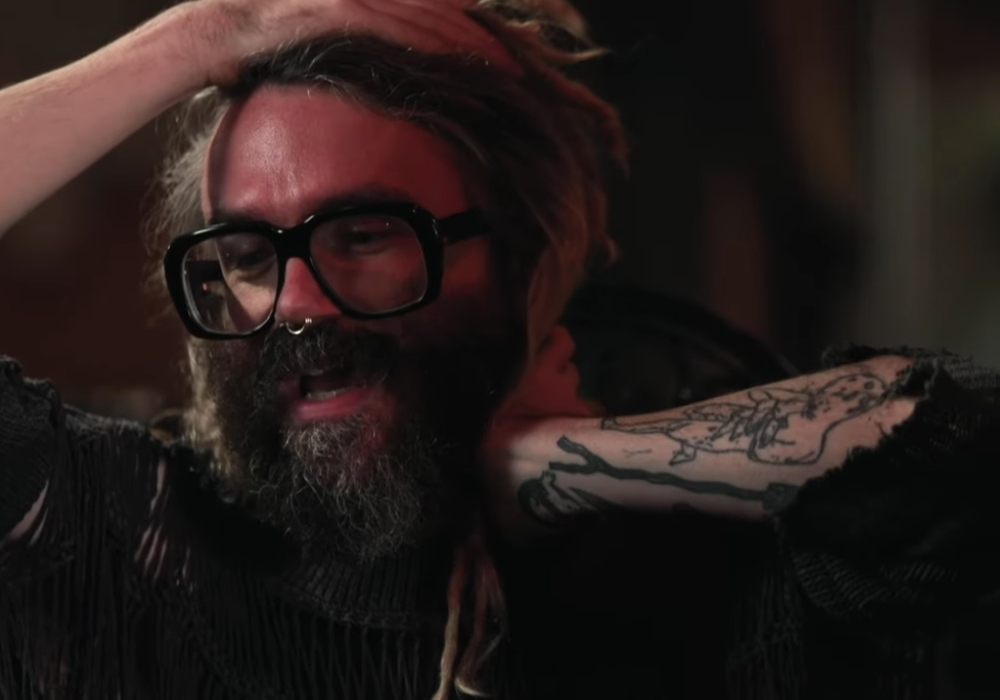By Justin Douglas
When you hear a particularly moving piece of music, and you get that little chill that runs from the top of your scalp down your spine, that’s a specific network in your brain logging that music into your memory. It’s an incredibly powerful biological process that even Alzheimer’s can’t touch. You’ve probably seen videos of late-stage Alzheimer’s patients miraculously coming to life when they hear a favorite song or have a piano put in front of them. I’m sharing this because things are real shitty now, but no matter what happens, music is one thing that can’t be taken away from us. Not by a pandemic, not by an economic collapse, not by systemic injustices, and not by the unbearable stress and shame of impending failure. So let’s start there: the very thing that got you here in the first place is the one thing that’s not going away.
Earning a living as an audio engineer is tremendously difficult in the best of times. Somehow you’ve made it work, to some degree at least, so you already possess all the knowledge and resources you need to meet whatever awaits us in the future. All the other stuff, the concrete stuff---like how do I pay studio rent, how can musicians with service industry day jobs afford studio time when those jobs have disappeared---those are very immediate and very real, but they’re also universal. Sure, some people can weather the storm financially better than others, but the reality of the situation has hit us all exactly the same, and no one’s got answers to the questions we're all asking. You and I have a skill and provide a service that brings meaning and beauty into the world and into people's lives. It’s a service people need. So instead of waiting and stressing while fielding home-recording questions from clients, I think we should all be making plans toward safely generating work. I believe doing so responsibly and conscientiously will make professional recording a source of stability and a buttress against uncertainty in our music communities.
One reason to focus on recording regards the clusterfuck that is live music. We don’t have a complete view of the future state of live shows, but they’re not coming back. Not in the way they used to be, and not for a much longer time than most of us will admit to ourselves. At the time of this writing, best estimates have large-scale vaccines at least a year away, and that’s on massively accelerated timelines for such things. I don’t know about you, but I have a hard time imagining standing shoulder to shoulder in a crowd watching my friends’ set at a club. I miss the hell out of it, but right now and for the foreseeable future I simply cannot picture it. So if we don’t have shows, what do we have? Live streaming has been a great outlet but has proven limited in quality and variety. Plus let’s face it: it’s...awkward.
What’s left is recording, and the deeper we get into this thing the more valuable recording becomes. Picture any oppressed or closed society in recent history and think of the contraband that gets circulated: it’s literature and recordings. The Nazis banned jazz, and an underground movement of Swing Kids arose in defiance, clandestinely passing around Benny Goodman records and dressing like American hipsters. In the USSR, Beatles records were pressed onto x-rays and shared in a subculture now referred to as “bone music”. A lack of shared experience and artistic connection is a very real thing: it gives us a sense of connection, of hope, and of normalcy. So especially during a crisis, how do we make that happen?
First I’d like to say that you don’t have to answer all the questions right now. All these uncertainties simultaneously shouting for your attention are overwhelming, so compartmentalize. Pick one problem and give it your full attention, and tell all the others you’ll get to them in sequence. Figure it out, put a plan in place you’re comfortable with, and move on to the next thing.
Where you live, what your comfort levels are, and what sort of environment you work in will dictate what steps you can take. I can only tell you what I’m doing and why. I started quarantine by taking some time to address and improve all the little nagging annoyances and inefficiencies around the studio. Like resoldering that one headphone jack that got bent, or fixing the headphones that got left on the floor and kicked, or replacing the Cat5 cable to the headphone mixer that got tripped over. Counting the control room, I have 3 rooms to work with, so I’m offering completely isolated sessions with 2 musicians max (unless a couple are quarantined/living together) where we can all be in separate rooms the entire time with strict mask rules and hand sanitizer stations before entering and in each room. There’s a 1-day grace period between sessions wherein I sanitize microphones and doorknobs and the like. 2 days if vocal mics / pop filters are used. It’s a lot of extra work, but adaptation is the name of the game at this point.
For the first month with these precautions in place, I offer a pay-what-you-can or bartering system. I love bartering. I love the idea of trading one service for another. I’ve traded studio time and mixing for everything from help shoveling two tons of rocks in a driveway to a custom-tailored suit. By letting people pay what they want, at least in the interim, I’m generating a little business for myself (that in all likelihood will result in some mixing work down the line) while doing what I can to help my local music community with the only tools at my disposal: my skills and my studio. If you’re a freelancer I would urge you to talk it over with studios you frequent and see if you can come up with a similar arrangement that benefits everyone a little bit and gets the tape rolling again.
Then use the opportunity of having someone in the studio to really hear them out. We’re listeners. We get paid to listen. Not just for hi-hat bleed or competing frequencies between a kick and a bass, but for our friends and clients. We’re all isolating, we’re all a little scared, and right now people need to feel heard. This is a genuine opportunity to practice listening. It sounds cheesy but I’m dead serious. If you can stay mindful and focus your undivided attention on someone talking about a song they just wrote or how they’re dealing, even on the banal stuff, that’s upping your game in a way no Gearslutz thread or interview with that one producer who did that one record will ever match. You’ll be a more perceptive engineer, and you’ll likely gain a lifelong client in the process. Very few things are more personal than recording music, and we’ve all played therapist to our clients, so let’s remind ourselves to really listen, even when it’s boring. Especially when it’s boring. Because we’re really good at it.
That’s as far as I’ve gotten. It’s been a long time since I’ve heard something new that gave me that chill running down my spine, so I’ve been revisiting recordings that do. In those moments I’m not thinking about my studio lease or my kids’ schooling or that sexy compressor on Reverb I can’t afford, I’m just listening and hoping I learn something that will make me a little bit better at the job I love. Live music is fucked, most things right now are fucked, but we engineers have a path to keep on keeping on safely, and we totally should.
